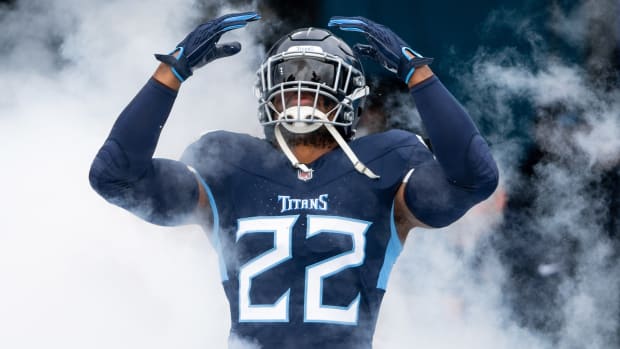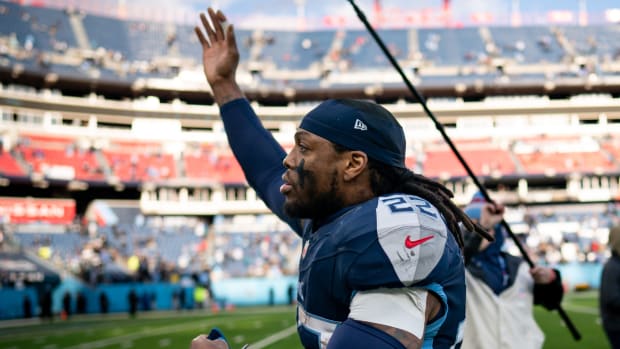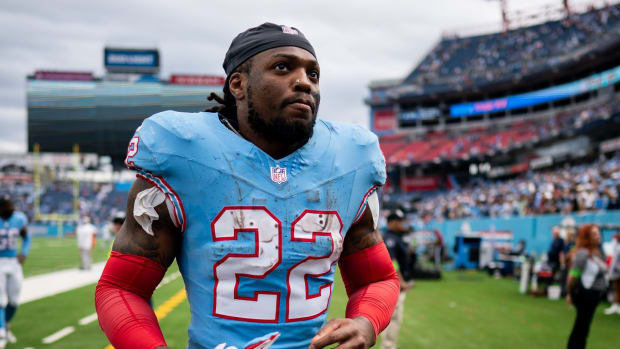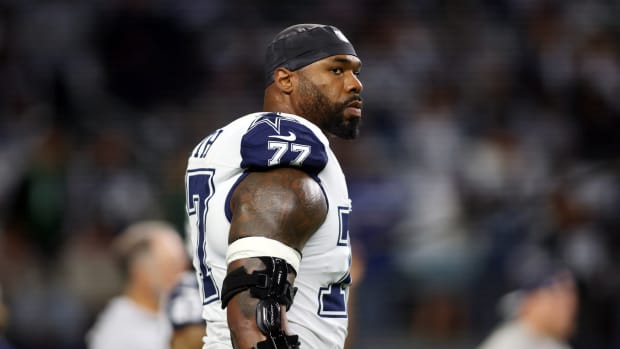Denver duo to test Titans defense
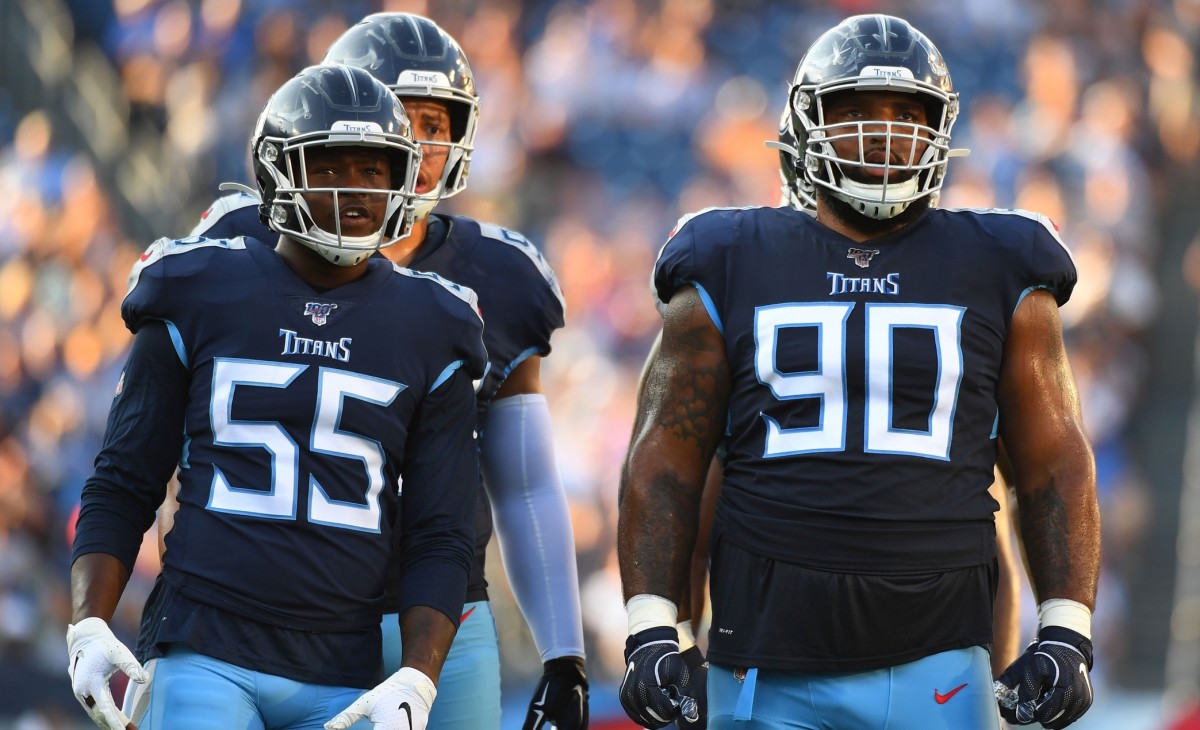
The Denver Broncos don’t have a running back whose stats compare to Derrick Henry’s.
They do, however, have two backs who form one of the NFL’s most productive tandems through the first five weeks of the season. And that fact has not been lost on the Tennessee Titans’ coaches.
“I think … a huge key is being able to the best of our ability, control these runners,” coach Mike Vrabel said. “… Two really dynamic players with different skillsets on the edge. … That’s a lot of production. They had a great day (Sunday against the Los Angeles Chargers). So that’s probably a lot of confidence with them coming in.”
Entering this week’s games, there were 23 running backs with 250 rushing yards or more. Denver, with Phillip Lindsay (327 yards) and Royce Freeman (250 yards), is the one of two teams with more than one and the only team with more than one running back. The other is Baltimore, which has 308 rushing yards from quarterback Lamar Jackson in addition to 372 yards from running back Mark Ingram.
Add to that the fact that Lindsay (5-foot-8, 190 pounds) and Freeman (6-foot, 238 pounds) are among the Broncos’ top four receivers and it is clear where Tennessee’s defense gas to focus its efforts.
“(They are) combining for 33 targets or touches (per game),” Vrabel said. “You’re either handing it to them or throwing it to them.”
Denver (1-4) got its first win of the season Sunday against the Chargers, and those two combined for 175 rushing yards and 39 receiving yards with one touchdown.
For the season, Lindsay and Freeman have 124 rushing attempts and 33 pass receptions between them, which means one or the other has gotten the ball on 49.8 percent of Denver’s total offensive plays. They average 164.4 yards per contest, or 47.1 percent of their team’s total offense.
By comparison, Tennessee’s Derrick Henry and Dion Lewis have combined for 113 rushes and 16 receptions for an average of 116.4 yards per game, and the majority of that (97.0 yards per game) has come from Henry.
“It’s going to be a good game,” Lindsay said. “It’s going to be a hard-hitting game. They have a really good defense and we have to go at them, but at the end of the day it’s the NFL. People have been saying that about all the defenses we’ve played, and we’ve handled it. We just have to handle it.”
Tennessee’s defense entered the week ninth in the NFL overall and 10 against the pass. It has allowed opposing backs to produce long runs (55 yards to Indianapolis’ Jordan Wilkins, 69 yards to Jacksonville’s Leonard Fournette), which is why it is ranked 14 against the run.
That unit, however, has not allowed an opposing back to rush for more than 75 yards in a game. In this game, it will have to worry about more than one back – and in more than one way.
“Two different styles of guys,” defensive coordinator Dean Pees said. “The plays might be the same but they may run them a little different because of their [respective] styles. I think they’re both extremely complementary to each other in the run game but they’re also just as dynamic in the pass game.”

